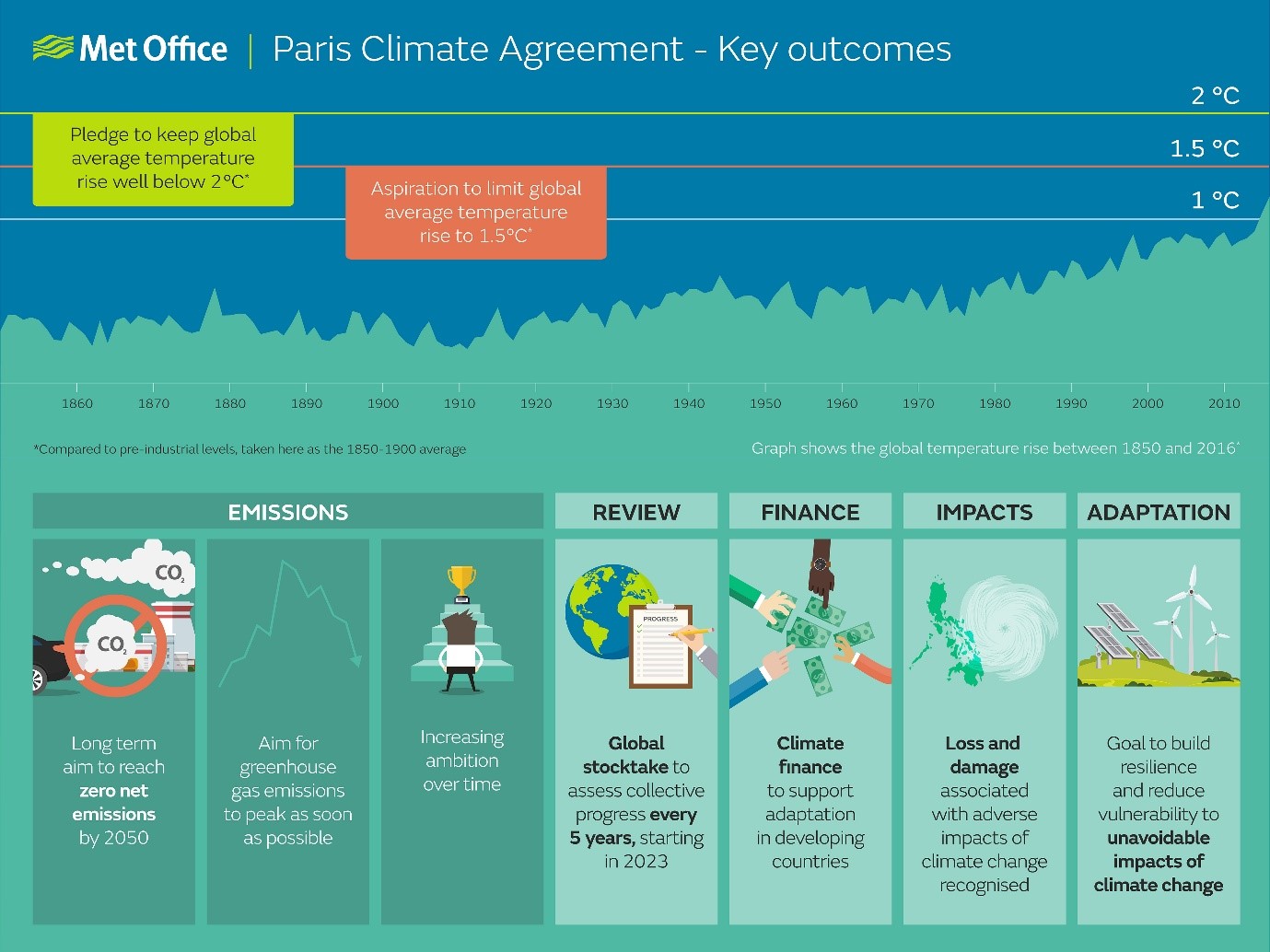The IPCC Climate Change and Land Special Report
On Thursday 8th August 2019, The Intergovernmental Panel on Climate Change (IPCC) published a report on Climate Change and Land.
In 1988, the IPCC (International Panel on Climate Change) was set up to provide governments with the necessary information to tackle climate change. The IPCC has since become an internationally accepted authority on climate change, and publishes many reports summarising key scientific literature about climate change.

Today, the IPCC published a special report entitled ‘climate change, desertification, land degradation, sustainable land management, food security, and greenhouse gas fluxes in terrestrial ecosystems’. This has been released ahead of the IPCCs 6th Assessment Cycle report, AR6 (due in 2022) to give a more immediate update on the impacts of our rapidly changing land use.
In order to prepare this report, over 100 scientists from 52 countries assessed scientific literature, meeting multiple times in the process, and putting together a comprehensive report highlighting the key science. The Met Office played an integral part in contributing papers and scientific expertise to this report.
This report is split into four sections:
- People, land and climate in a warming world
- Adaptation and mitigation response options
- Enabling response options
- Action in the near term.
The report opens by exploring how humans have altered the climate by changing the use of land. For example, deforestation and the conversion of land for agricultural use has drastically changed the amount of carbon that the land can store. Additionally, these land use changes introduce issues including desertification, land degradation, and food insecurity. This report explores how these problems could be made worse in the future at different levels of global warming, and future actions that could be taken to lessen these impacts.
This report also takes into consideration the recent IPCC special report on 1.5°C, which compares the impacts of warming at 1.5°C and 2°C above preindustrial levels. As such, this land use report includes research into how land use may need to change in order to hit the 1.5°C and 2°C target.
To complement the publication of the special report, the Met Office Hadley Centre has produced a briefing note to explore the how land use may need to change to reach the 1.5°C and 2°C warming targets, and the use of technologies such as BECCS (Bioenergy with carbon capture and storage) to remove carbon dioxide from the atmosphere.
Click here to see the Met Office Briefing Note
More information on the report can be found on the IPCC Climate Climate Change and Land page


